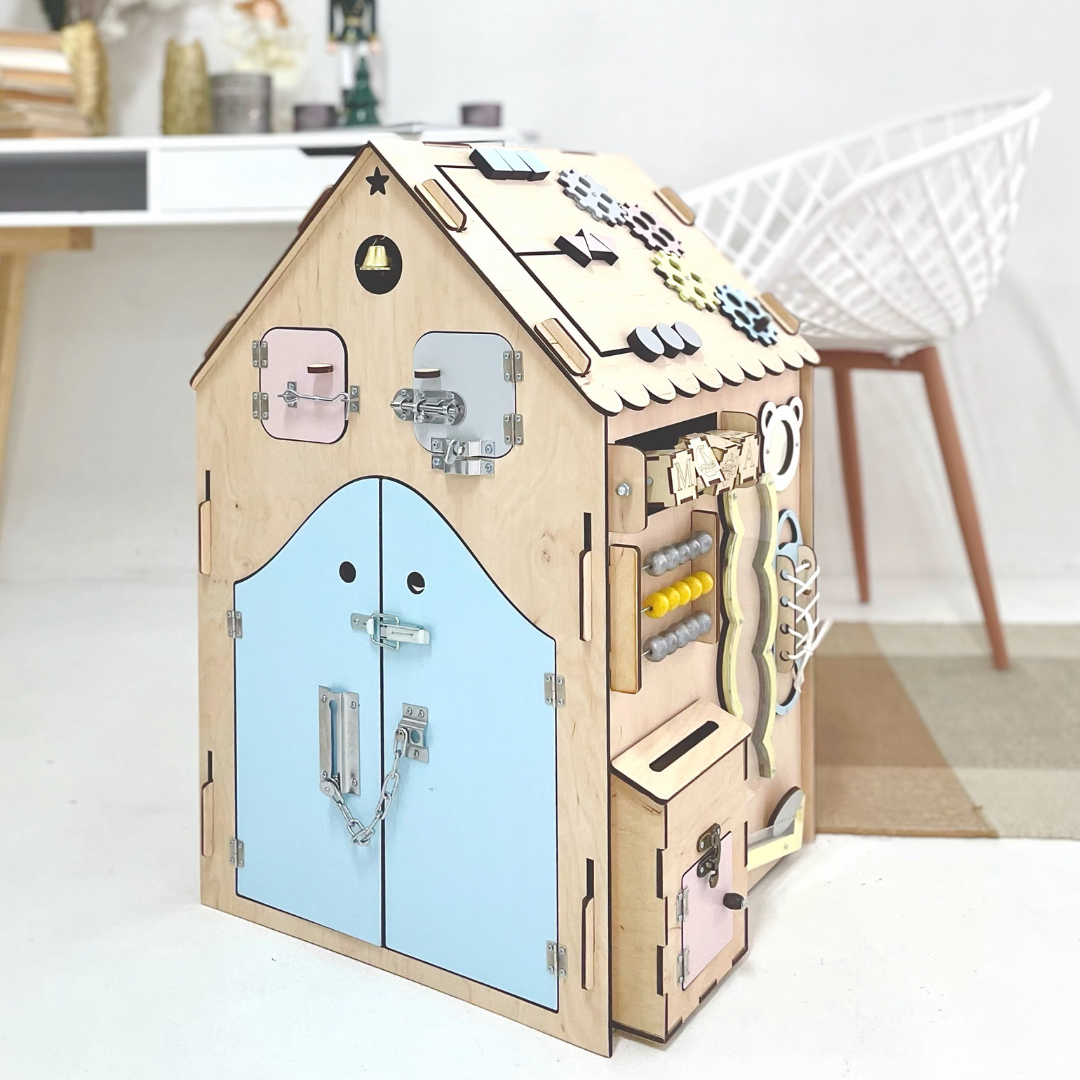
The Montessori method, developed by Dr. Maria Montessori in the early 20th century, revolutionized the landscape of early childhood education. Rooted in a philosophy that views children as active, independent learners, Montessori education has gained global acclaim for its holistic and child-centric approach. Let's embark on a journey to unravel the magic of Montessori and understand what sets it apart.
Foundations of Montessori Education:
-
Child-Centric Philosophy: Montessori education is founded on the belief that each child is a unique individual with an innate desire to learn. The approach respects the child's individuality, encouraging self-directed learning and exploration.
-
Prepared Environment: A hallmark of Montessori classrooms is the meticulously prepared environment. Classrooms are designed to foster independence, order, and a sense of calm. Each element, from the furniture to educational materials, is chosen with the child's developmental needs in mind.
-
Freedom within Limits: Montessori education provides children with a sense of freedom within well-defined limits. This structure empowers them to make choices, pursue their interests, and learn at their own pace while instilling a sense of responsibility and respect for others.
Key Principles of Montessori Education:
-
Mixed-Age Classrooms: Montessori classrooms typically feature mixed-age groups, allowing younger children to learn from their older peers and older children to reinforce their knowledge by helping younger ones. This dynamic fosters a sense of community and collaborative learning.
-
Hands-On Learning: The Montessori approach emphasizes hands-on, experiential learning. Children engage with specially designed educational materials that are self-correcting, allowing them to learn independently through trial and error.
-
Concrete to Abstract Learning: Montessori materials are structured to move from concrete to abstract concepts. Children first work with tangible, manipulative materials before progressing to more abstract ideas, ensuring a deep and thorough understanding of concepts.
-
Development of Practical Life Skills: Practical life skills, such as pouring, buttoning, and sweeping, are integrated into the curriculum. These activities not only contribute to a child's physical development but also instill a sense of responsibility and independence.
The Role of the Montessori Educator:
Montessori educators, often referred to as guides or directresses, play a crucial role in creating a supportive learning environment. Rather than dictating information, educators act as facilitators, observing each child's needs and guiding them toward appropriate activities.
The Montessori Impact Beyond Early Childhood:
While Montessori education is often associated with early childhood, its principles extend beyond preschool years. The focus on fostering curiosity, independence, and a love for learning lays a foundation for a lifelong journey of exploration and self-discovery.
In Conclusion:
Montessori education is more than a pedagogical approach; it's a philosophy that nurtures the holistic development of a child. By recognizing and respecting each child's individuality, providing a prepared environment, and fostering hands-on, experiential learning, Montessori education continues to shape the way we view the potential of young minds. It's a journey that begins with a single step, guided by the wisdom of Dr. Maria Montessori and the belief that education is not just about imparting knowledge but awakening the love for learning within each child. Get your Montessori Busy House or Board at www.littlemonz.com
